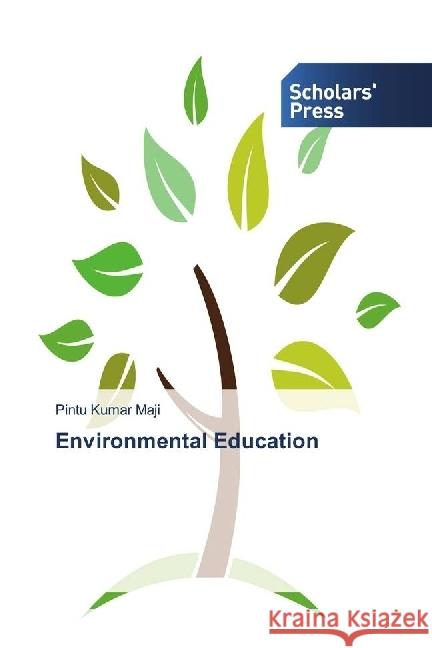Environmental Education » książka
Environmental Education
ISBN-13: 9783659839689 / Angielski / Miękka / 2016 / 76 str.
Environmental education (EE) properly understood, should constitute a comprehensive lifelong education, one responsive to changes in a rapidly changing world. It should prepare the individual for life, through an understanding of the major problems of the contemporary world, and the provision of skills and attributes needed to play a productive role towards improving life and protecting the environment with due regard given to ethical values (UNESCO, 1977). Environmental education, when taught in school settings, is predominantly integrated into a school's science curriculum. Often, it is taught within earth and environmental science topic areas pertaining to ecosystems and environmental issues such as energy, climate change, pollution, and natural resources. EE teaching and learning also commonly occurs in life sciences topic areas that include biodiversity, endangered species, and genetic engineering. These discipline-based topic areas are covered in most basal science textbooks curriculum programs that are marketed to schools for adoption.











